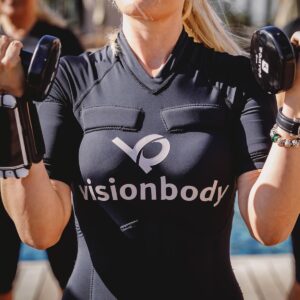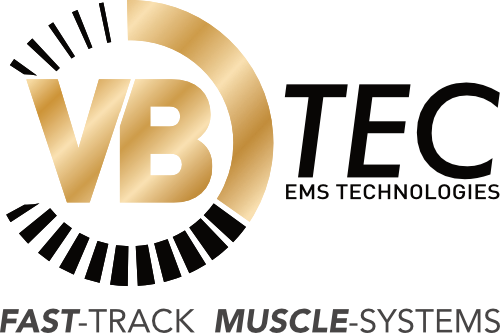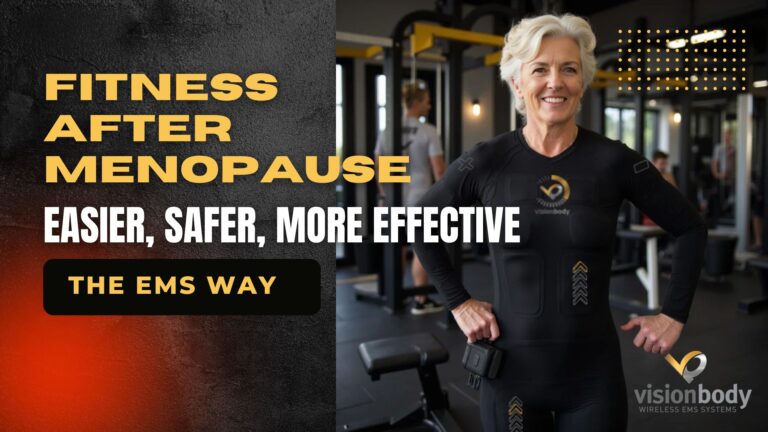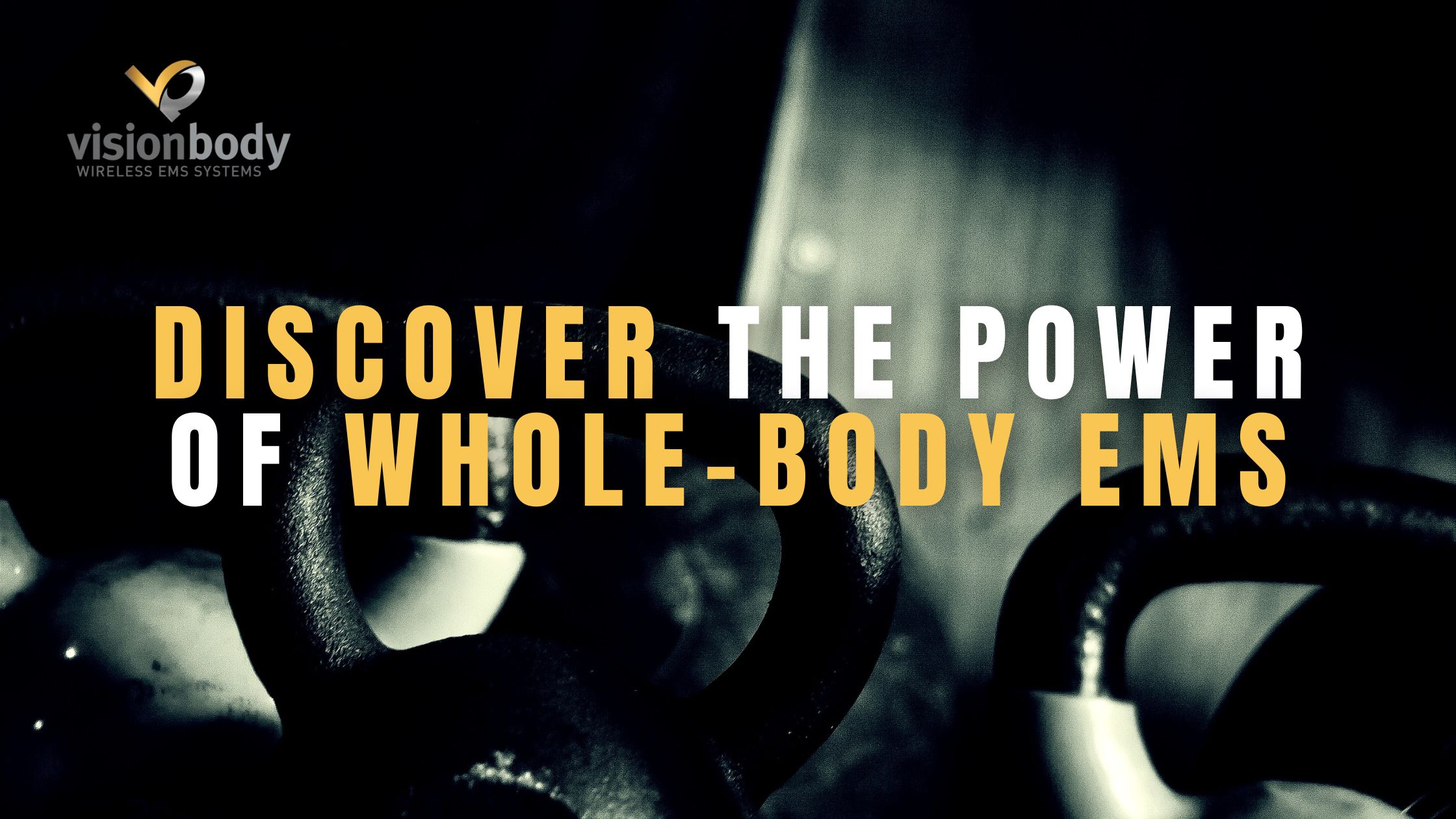EMS Fitness After Menopause: How Whole-Body EMS Empowers Women Over 50
Menopause marks a powerful transition in a woman’s life. It is the closing of one chapter and the opening of another, yet for many, it comes with challenges that directly affect health, fitness, and quality of life. Energy levels may dip, body composition shifts, and bone and muscle health require extra attention.
But here’s the good news: staying strong, vibrant, and active after menopause doesn’t have to be an uphill battle. Science now offers a highly efficient tool for women over 50 who want to preserve strength, manage weight, and protect their bones, without spending endless hours at the gym.
That tool is Whole-Body EMS training. With just 20 minutes per session, EMS can activate up to 98% of muscles, delivering results that traditional workouts can’t match. For postmenopausal women, EMS could very well be the ultimate fitness game-changer.

The Fitness Challenges Women Face After Menopause
Hormonal Changes & Muscle Loss
One of the most noticeable changes after menopause is the decline in estrogen. Estrogen plays an important role not only in reproductive health but also in muscle maintenance. As levels drop, women naturally lose lean muscle mass, a process called sarcopenia.
This decline affects more than just appearance. Less muscle mass means lower strength, slower metabolism, and a reduced ability to burn calories efficiently. Everyday activities, from carrying shopping bags to climbing stairs, can begin to feel harder.
Bone Density and Osteoporosis Risk
Estrogen also helps protect bone tissue. After menopause, the risk of osteoporosis rises sharply, with studies showing that women can lose up to 20% of bone density within the first 5-7 years post-menopause. This makes bones more fragile and increases the risk of fractures, particularly in the hips, spine, and wrists.
While weight-bearing exercise is a proven way to support bone health, many women find it difficult to do the type of high-impact training that effectively stimulates bone tissue without risking injury.
Weight Management Struggles
Along with hormonal shifts comes a slower metabolism. This makes it harder to burn fat, especially around the midsection. Even women who maintain the same diet and activity levels may notice weight gain.
This is more than a cosmetic concern; abdominal fat is closely linked to cardiovascular disease, insulin resistance, and other health risks. Traditional cardio may help, but when muscle mass is already declining, the body needs a smarter, more efficient solution.
Why EMS Training Is a Game-Changer for Women 50+
What Is Whole-Body EMS?
EMS, short for electromyostimulation, utilizes controlled electrical impulses to stimulate muscle contractions. With Visionbody’s Powersuit, these impulses are delivered through dry electrodes integrated into an antibacterial, form-fitting suit.
During a 20-minute session, you perform simple bodyweight exercises while the suit activates both surface-level and deep muscle fibers. The result? A workout that is more effective than hours of traditional training, yet gentler on the joints.
Maintaining Muscle & Metabolism
Because EMS recruits both slow- and fast-twitch fibers, it provides a level of muscle activation that most women simply can’t achieve with conventional training. Studies show that EMS can stimulate up to 98% of available muscle fibers, compared to around 65% in traditional workouts.
This is crucial after menopause, when muscle loss is accelerated. By helping preserve and even rebuild lean tissue, EMS not only restores strength but also reignites the metabolism, making it easier to maintain a healthy weight.
EMS and Bone Density Stimulation
One of the unique advantages of EMS is the way muscle contractions create mechanical stress on bones. This stress, though low-impact, signals bone tissue to regenerate and maintain density. For women concerned about osteoporosis, EMS offers a safe alternative to high-impact training, making bone health support accessible even to those with fragile joints.
Safe, Joint-Friendly Workouts
Postmenopausal women often deal with joint stiffness, arthritis, or previous injuries. Unlike traditional strength training that requires heavy weights, EMS delivers intense muscle stimulation without overloading the joints.
This makes EMS particularly beneficial for women who want the benefits of resistance training, strength, tone, and fat loss, without the wear and tear that comes with lifting heavy or performing high-impact moves.
Science Speaks: Studies on EMS After Menopause
Strength, Speed, and Cardiovascular Improvements
A landmark study from the University of Lleida (Spain) investigated how EMS affects postmenopausal women. Participants were divided into two groups: one performed standard aerobic and resistance training, while the other combined the same routine with EMS.
Both groups improved, but the EMS group outperformed the control group in several key areas:
- Leg strength and power improved significantly more.
- Cardiovascular endurance showed exclusive gains in the EMS group.
- Gait speed increased beyond what was achieved with exercise alone, boosting mobility and independence.
Research on Bone Health
A study led by Dr. Wolfgang Kemmler at the University of Erlangen-Nürnberg found that whole-body EMS training can help counteract bone density loss in postmenopausal women. By stimulating muscular contractions that exert pressure on the skeleton, EMS helps bones remain active and resilient.
While further research is ongoing, early evidence suggests EMS could become a valuable tool in preventive care against osteoporosis.
How to Train with EMS After Menopause

Structure of a Typical EMS Session
- Warm-up (2-3 minutes): Light mobility and stretching.
- Activation Phase (15-18 minutes):
- Exercises like squats, step touches, arm raises, and light core movements.
- EMS impulses contract muscles during these moves, intensifying the workout.
- Cool-down (2-3 minutes): Gentle stretching while impulses gradually reduce.
Frequency and Duration
- 2-3 sessions per week are sufficient.
- Each session lasts just 20 minutes but equals multiple hours of conventional training.
- Adequate recovery (at least 48 hours) is important to allow muscle adaptation.
Example of EMS Workout for Women Over 50
- Squats with EMS activation (targets legs, glutes, core)
- Arm raises or light resistance band rows (targets shoulders, back)
- Step side-to-side with knee lifts (targets balance, coordination, and hip strength)
- Standing core bracing with rotations (activates abdominals and obliques)
These moves, combined with the EMS impulses, activate nearly every muscle group in a safe, joint-friendly way.
Common Questions About EMS After Menopause
Is EMS Safe After Menopause?
Absolutely. Visionbody EMS is both FDA-certified and TÜV-tested, ensuring the highest safety standards. The impulses are low-frequency and mimic natural nerve signals, meaning the body responds in a natural, controlled way.
Will EMS Make Me Bulky?
No. EMS enhances muscle tone and firmness but does not add unwanted bulk. Postmenopausal women can expect to see improved definition, posture, and functional strength, without the bodybuilder look.
How Often Should Women Over 50 Train With EMS?
For most women, 2-3 sessions per week are ideal. Because EMS is so efficient, there’s no need for daily training. Recovery time between sessions allows muscles to adapt and grow stronger, which is essential at any age.
Empowerment in Every Pulse – Beyond the Physical
Physical Strength and Vitality
Imagine carrying heavy grocery bags with ease, walking faster than before, or feeling energized enough to take on new activities like hiking or dancing. EMS delivers strength that directly enhances everyday life, supporting independence and vitality well into later years.
Mental Resilience and Confidence
The benefits of EMS extend far beyond the physical. Many women describe EMS training as empowering because it proves that progress is possible, even when traditional workouts feel out of reach. By rebuilding strength and stamina, EMS restores not just physical capability but also mental confidence.
This renewed self-belief often spills into other areas of life, career, social connections, and personal goals, making EMS a catalyst for total well-being.
Redefining Fitness After Menopause with Visionbody
Menopause does not mark the end of fitness; it marks the beginning of a smarter, more efficient way to train. With Visionbody’s advanced EMS technology, women can safeguard their health, protect their bones, and build the strength they need to thrive in every stage of life.
Whether you’re a fitness professional looking to support your clients, or a woman ready to rediscover her strength, EMS offers a path to empowerment.
Are you ready to bring EMS into your fitness journey or your business? Explore Visionbody today and discover the transformative power of 98% muscle activation in just 20 minutes.
Referências
- Kemmler, W. et al. Whole-body electromyostimulation to fight sarcopenic obesity in community-dwelling older women at risk: A randomized trial. Obesity Facts.
- University of Lleida (Spain). Effects of WB-EMS combined with exercise in postmenopausal women.
- Kemmler, W. et al. Benefits of whole-body electromyostimulation on bone health. University of Erlangen-Nürnberg.









